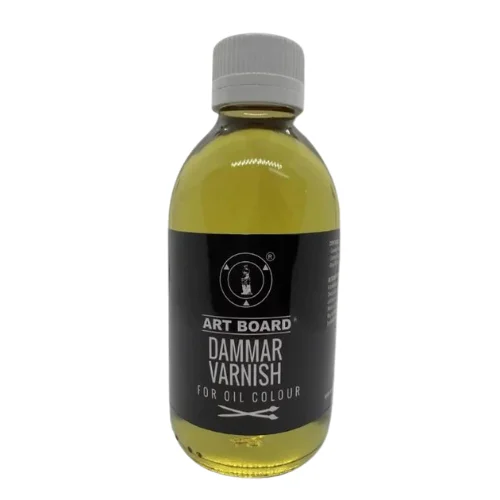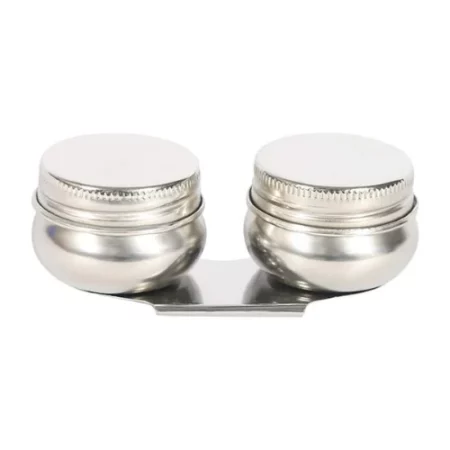Artboard Dammar Varnish 200ml
R245.00
- Dammar is a resin-based varnish that, when mixed with oil paint mediums, thins the paint, increases its transparency, and speeds drying time.
- Used alone as a top coat, it seals paintings and adds a glossy finish. Be sure, though, that your painting is thoroughly dry before applying it as a final varnish.
- Apply a layer to shield works from dust, dirt, smoke, scuffing, and moisture.
- This varnish deepens pigment colours and lends a high-gloss finish to final compositions.
- Note: Wait at least six months after painting has thoroughly dried before applying this as a final varnish.
- Artboard Dammar Varnish is available in 100ml, 200ml and 500ml bottles.
- Artboard oil mediums offer excellent value for money.
- Traditional oil painting medium that’s proudly made in South Africa.
Change the quantity above using the arrows (shown on hover) or manually input your desired amount.
Dammar varnish has several key uses in oil painting:
As a glazing medium: Dammar varnish can be mixed with oil paint to create transparent glazes that add depth and luminosity to a painting. It helps prevent beading of the paint.
As a final varnish: Dammar varnish dries to a glossy, protective finish and has been used as a final varnish on paintings for centuries. It helps saturate colours and is removable.
To improve adhesion: Dammar varnish can be applied to a dry underpainting to help the fresh oil paint adhere better when glazing or adding details.
To “oil out”: Dammar varnish can be used to bring back the vibrancy of sunken-in areas of a painting before continuing to paint.
In impasto mediums: Dammar varnish can be combined with stand oil and egg yolks to create a thick impasto medium for painting with bold, textural brushstrokes.
As a retouch varnish: A thin dammar varnish can be used as a temporary varnish on paintings that are dry to the touch but not fully cured, helping to protect the surface.
Dammar varnish is a versatile medium that has been used by artists for centuries. While it dries quickly, many painters still find it useful for glazing, varnishing, and improving paint adhesion in their oil paintings


